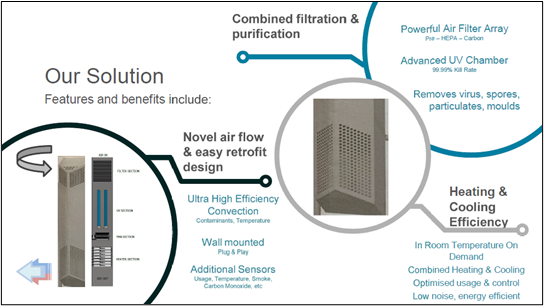Grant awarded: 1,965,583.75 EUR (Total EU Grant Awarded); DMU to receive 353,396.25 EUR
Funder: EU – HORIZON-SESAR-2023-DES-ER2-WA2-2
Project Leads: Raouf Hamzaoui (PI) and Feng Chen (Co-I)
The ATMACA (Air Traffic Management and Communication over ATN/IPS) project proposes an innovative solution that enables effective, seamless, interoperable air-to-ground datalink communication and digital flight monitoring and management through aeronautical telecommunication (ATN) based on the Internet Protocol Suite (IPS) within all domains of flight. ATMACA aims at supporting the “air-ground integration and autonomy” initiative in the Strategic Research and Innovation Agenda (SRIA), which presents strategic roadmaps to achieve SESAR phase D “Digital European Sky” in the European ATM Master Plan 2020 edition. ATMACA proposes a beyond the state-of-the-art IP-based datalink communication solution by introducing an application-layer mobility management for ATN and enabling commercial of-the-shelf equipment. It will also provide a next generation human-machine interface (HMI) that will process higher quality data, enable interactions with existing and future aeronautical applications and services, and meet the needs of end-users. The ATMACA solution will be validated through real-time simulations and real-time monitoring tests by considering relevant applicable SESAR key performance areas and indicators, as well as industry standards. The consortium consists of a balanced mixed of universities and industrial partners (an air navigation service provider, an airline, and a research and consultancy firm specialized in HMI design) to ensure the project meets its objectives.






